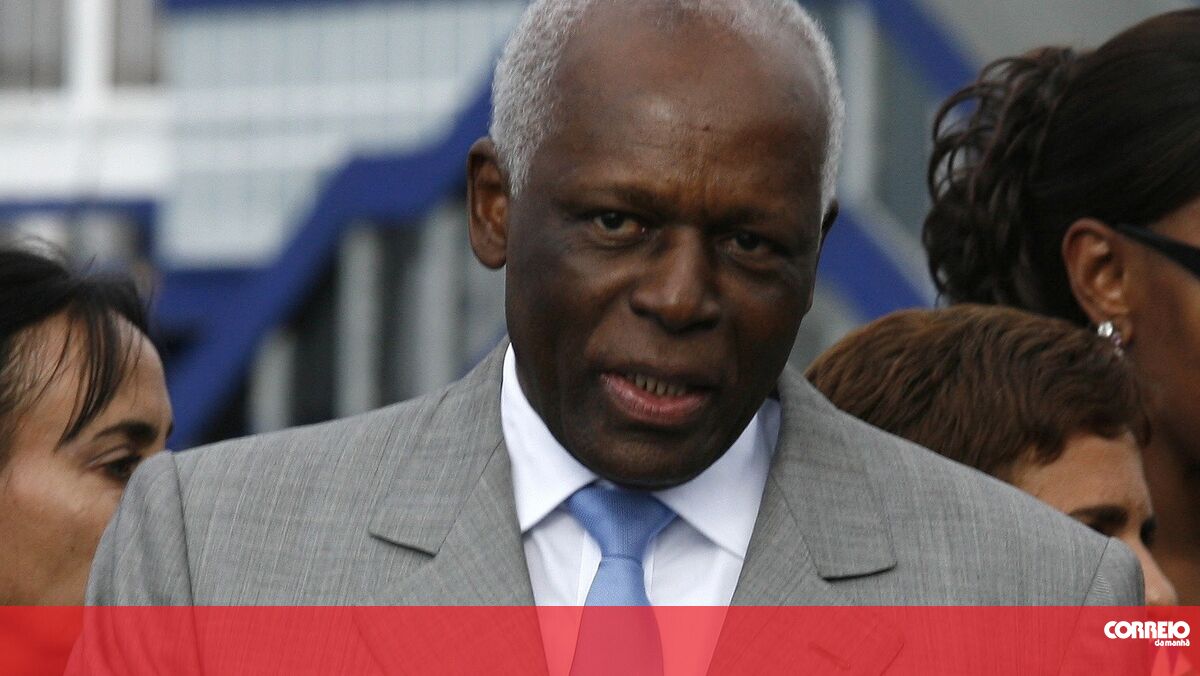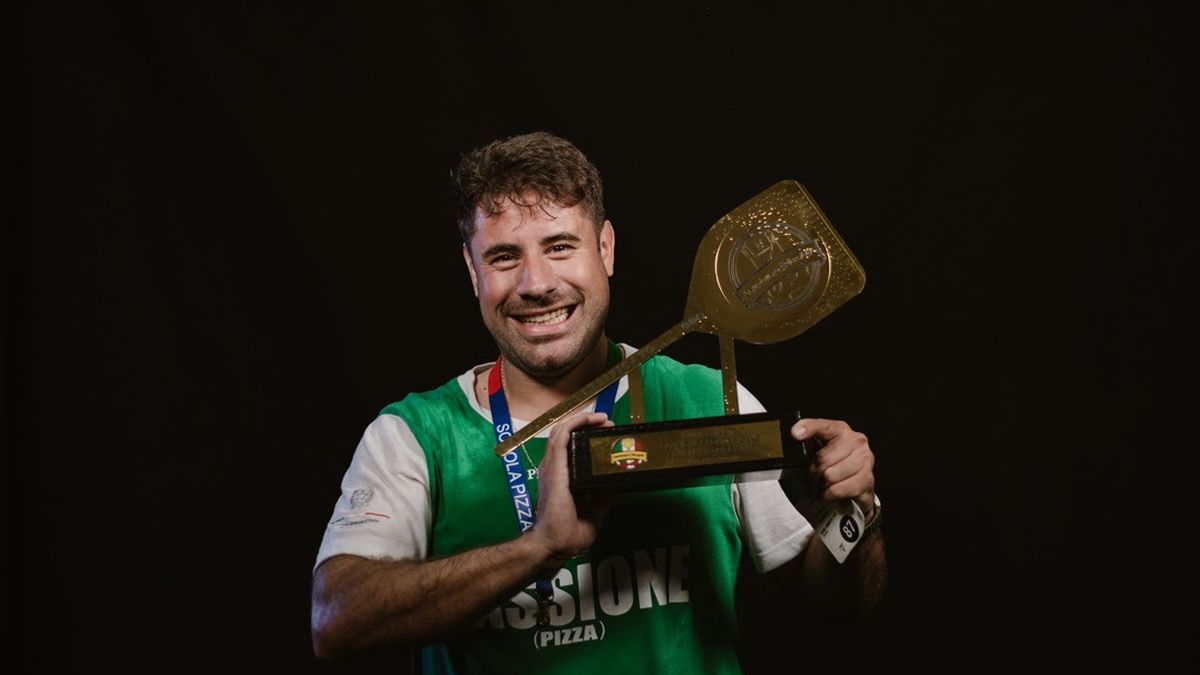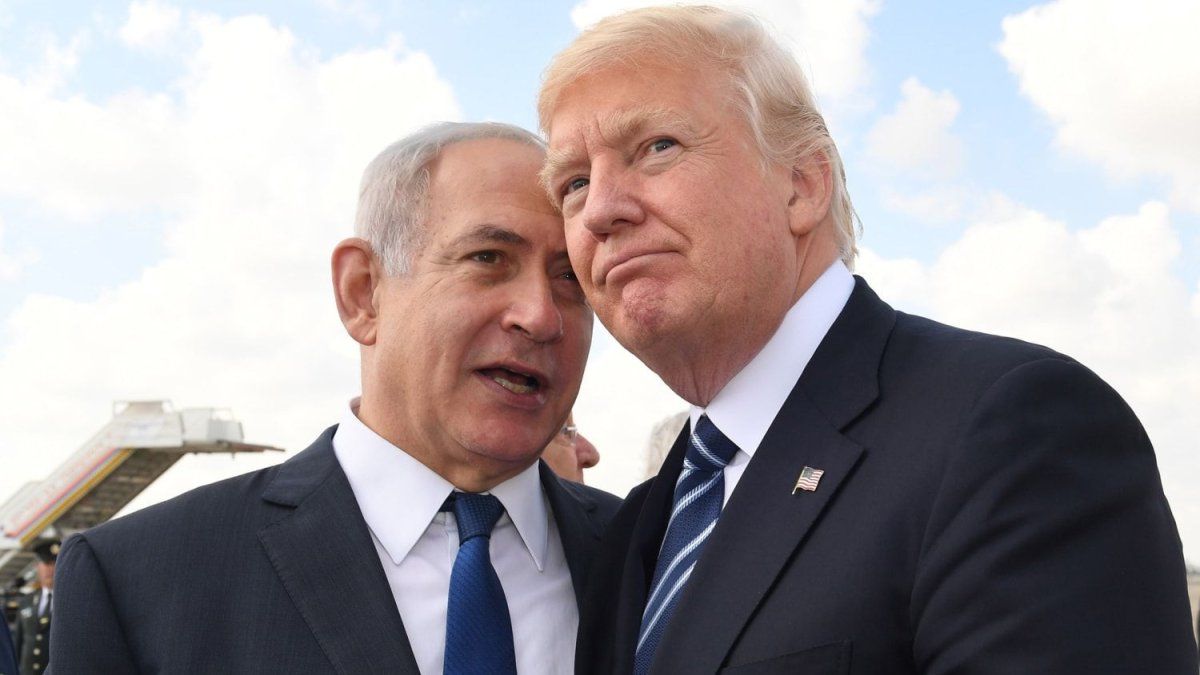Former Angolan President José Eduardo dos Santos did not leave a will, making it difficult for Spanish justice to face a legal battle involving the government and family, a source close to the case told Lusa.
“There is no will, this has already been confirmed by family members and the head of the convoy, whom he has trusted for the past 33 years,” a source told Lusa.
According to the same source, the former head of state was a “pragmatist” and “will give each of his children what he thinks everyone should have”, calling “each in his own time”.
“Each of the children knows very well what he has left,” he added, admitting that “a lot of water will still leak under the bridge,” since the head of state did not leave his will in writing.
In the meantime, the Angolan government has instructed lawyers representing it in Barcelona to investigate whether José Eduardo dos Santos could be in an illegal position, as reported by Club K, ruling out such a possibility.
“If he was an illegal immigrant, the issue would have already been resolved,” the source said, pointing out that José Eduardo dos Santos had been treated by the same doctors in Barcelona for several years and had the same status as when he was president. allowed him to stay as long as he could, needed Spain for treatment at the Teknon clinic, where he died on July 8 at the age of 79.
“He did not live in Spain, but in Angola. He had a support group of about 15 people assigned to his service and his escort, and this group was delivered every 30 days. The only ones who had long-term visas were the President, his personal doctor and the head of the escort, but Jose Eduardo dos Santos did not need to leave Spain, if only because he was often hospitalized, ”he clarified.
The issue was raised by the Club K website, according to which the Spanish judge hearing the case “discovered” that the former president would be in Spain illegally because, having entered on a diplomatic passport (which does not require an entry visa), he exceeded the allowed time and did not apply for a visa to stay in the country.
According to his daughter Chise dos Santos, people with diplomatic passports are free to enter countries, but they cannot stay more than 90 days and “if they do, they will have to deal with a resident card” that José Eduardo dos Santos did not have .
“The embassy, the Angolan government didn’t do anything and they didn’t even have to do it. It was enough to give diplomatic status to engineer José Eduardo dos Santos and register him with this status with the Spanish Ministry of Foreign Affairs so that he would appear on the list of the diplomatic corps. So, at present they could be responsible, because the house of engineer Eduardo dos Santos was If it were Angolan territory, it would be a diplomatic home that never was,” he said in a voice message sent to Luza.
This could be a pivotal week for a Spanish court that has ordered more toxicology tests for an autopsy, postponing a custody ruling and a possible transfer of the ex-president’s body to Angola.
The court will also have to call the Spanish police and immigration authorities to determine the legality of Eduardo dos Santos’ stay in the Iberian country and the place of his actual residence.
The two factions of the dos Santos family are arguing in the Family Court of the Civil Court of Catalonia over who will keep the body of José Eduardo dos Santos.
On the one hand, there is Chise dos Santos and his older brothers, who oppose the transfer of the remains of the former first lady and hold a state funeral ahead of elections to avoid political exploitation.
On the other side is the widow of Ana Paula dos Santos and their three children together with José Eduardo dos Santos, who also claim the body and want it to be buried in Angola in the near future.
This demand is backed by the Angolan government, which has announced its intention to hold a state funeral but has had to settle for seven days of national mourning and a disembodied commemoration, while the dispute continues in the courts, four days before the funeral. the general election campaign becomes a political fact that marks the election race.
In an interview with Angolan media on Sunday, the Minister of State and head of the Military Chamber of the President of the Republic, heading a delegation representing the Angolan state, General Francisco Furtado, expressed confidence in a favorable outcome, stressing that the Angolan citizens and the international community want “the problem to be solved.”
“The whole Angolan nation wants the presence of its former leader in the country to pay him the respect he deserves,” said Francisco Furtado, stressing that if the Spanish authorities take into account the reasons that brought the former president to Barcelona, “there will be no other outcome than return of the body to Luanda”.
Author: Lusa
Source: CM Jornal




